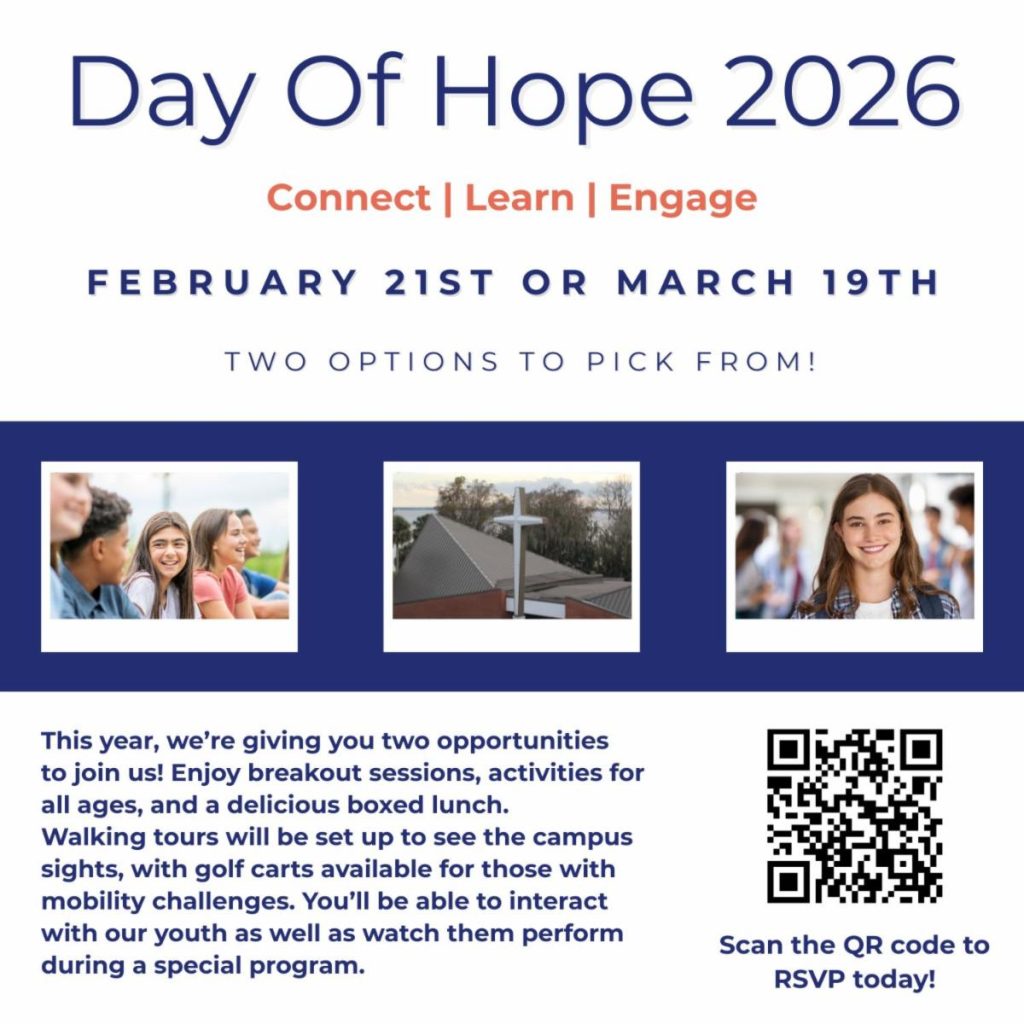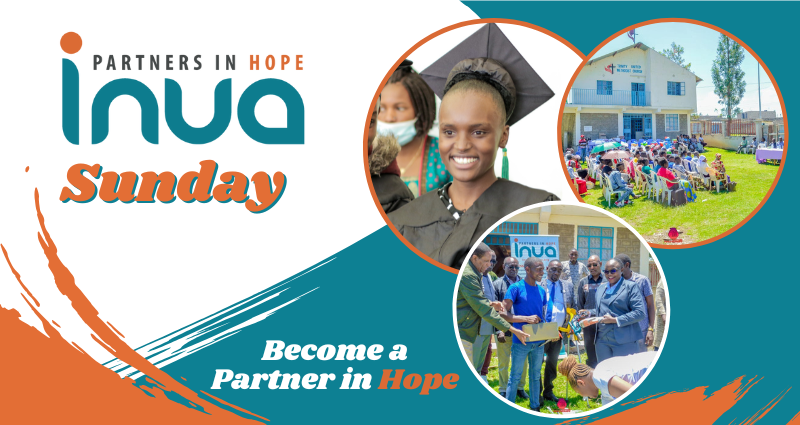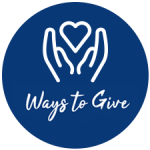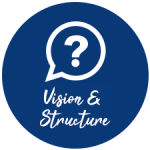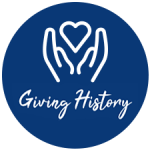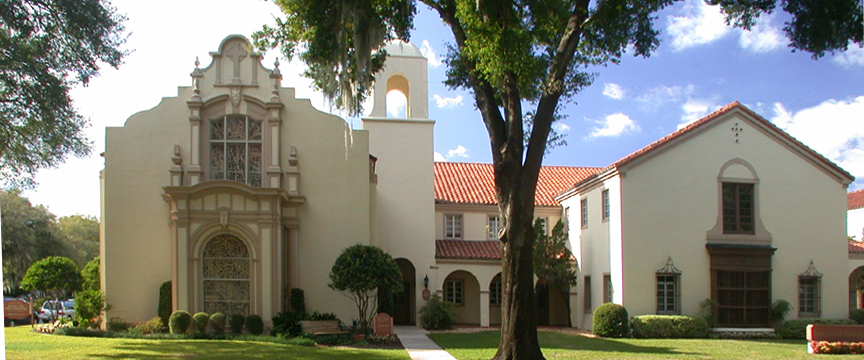Community in the Period of Pandemic and Beyond
By Betsy McKeeby
I have had a lot of personal experience with dementia and am presently serving on the Advisory Board for the Brain Fitness Academy at FUMCWP. Because of these experiences, I’ve been reflecting on the importance of community for each other.
We use the expression of Vibrant Family often in our church. It is the name of one of our 4 pillars, for which Pastor Rachel Delaune provides pastoral leadership and Lynn Striepe serves as the lay head. In our theology we speak of God the Father and that we are His children as part of our family image. Today I want to talk about the subgroup of people who have memory loss or any form of dementia like Alzheimer’s Disease as well as their care partners. Our society puts so much emphasis on ability and performance that these groups can be overlooked as their participation and contribution changes. Because of discomfort in traditional worship settings, this group often decreases attendance and it is easy for the church family to operate on an “out of sight, out of mind” pattern. This results in a loss of the benefits of the active church family.
This period of forced separation (to avoid spreading of any illness) has presented us with an opportunity to learn new ways to be a family. Romans 8:16 says “We are all children of God and if children, then heirs, heirs of God and joint-heirs with Christ.” As a family, Paul tells us in I Corinthians 12:26, “If one member suffers, all suffer together with it, if one member is honored, all rejoice together with it.”
As we reflect on our faith family, why should we focus on those impacted by memory loss or dementia? According to the Alzheimer’s Association, 5.8 million people age 65 of older have dementia in the US. While 80% of these individuals are 75 or older, 1 in 10 women over age 65 is impacted. Alzheimer’s is now the 6th cause of death for adults. The number of people with dementia listed on their death certificate has doubled between 2000 and 2018. Even with these high numbers, you may not see the impact around you until your family, neighbors, or friends are directly impacted. Once your life is directly touched, you notice and hear of those with dementia who have been hidden in the shadows are all around you.
How are we to respond as a church family? We are blessed to have a program offered here at the church (though now on zoom) for those with early dementia to come 2 days per week for structured activities targeting brain functions as well as experiencing sharing with others. The Brain Fitness Academy collaborates with UCF Communication Disorders Clinic who develops individual lesson plans for each member. If interested contact the Brain Fitness Academy at brainfitness@fumcwp.org to learn more or to schedule an evaluation for appropriateness of the program.
How can we as individuals support individuals with memory loss or their care partners? Maintaining social support and interactions seems to slow the progression of losses. Sharing games, physical activity, and music are examples of ways to enjoy the present moment. Physical touch is important and can include holding hands, brushing hair, or gentle massage. If unable to be with a loved one, take advantage of modern technology such as portals or skype to be able to pair video and speech. With a simple set-up, these systems can be used with minimal support initially and allow contact though more assistance is needed as disease progresses.
As a church family, we can be present and with our neighbors and friends also. Observing for changes in behavior, difficulties with driving or lack of attention to physical care such as weight change or missing medical checks should be discussed with the individual but family can also be contacted to express concerns. It is not unusual for losses to not be apparent to someone who is absent and just relying on phone calls. A thorough medical evaluation is essential for diagnosis and to identify reversible problems.
Church friends can be part of the support team. As losses progress, friends can be eyes, ears and hands to help an individual maintain independence. This allows us to help carry the burden of another. Though professionals may be necessary, the value of familiar contacts has unique value in providing affirmation of the importance of the friendship. Connecting about shared experiences and interests supports communication skills.
Because we know God is love, we are called to show love to all. Looking for those that some might say are the “least of these” provides an opportunity to give love but also to receive in unexpected ways. The person who is unable to speak is just as valuable as a person who has lots of power and prestige. Making a connection through a story, picture or song or seeing a smile and bright eyes affirm that this person is alive and a child of God. My challenge is for you to find someone this week who is “in the shadows” and isolated from previous activities and to connect with them by phone, cards and when possible in person.
Psalm 145:9 says, “The Lord is good to ALL and his compassion is over ALL that he has made.”

